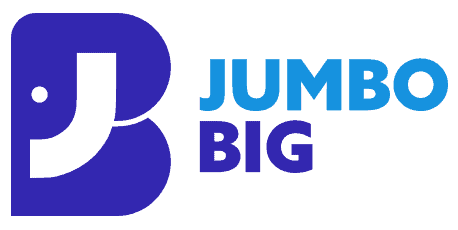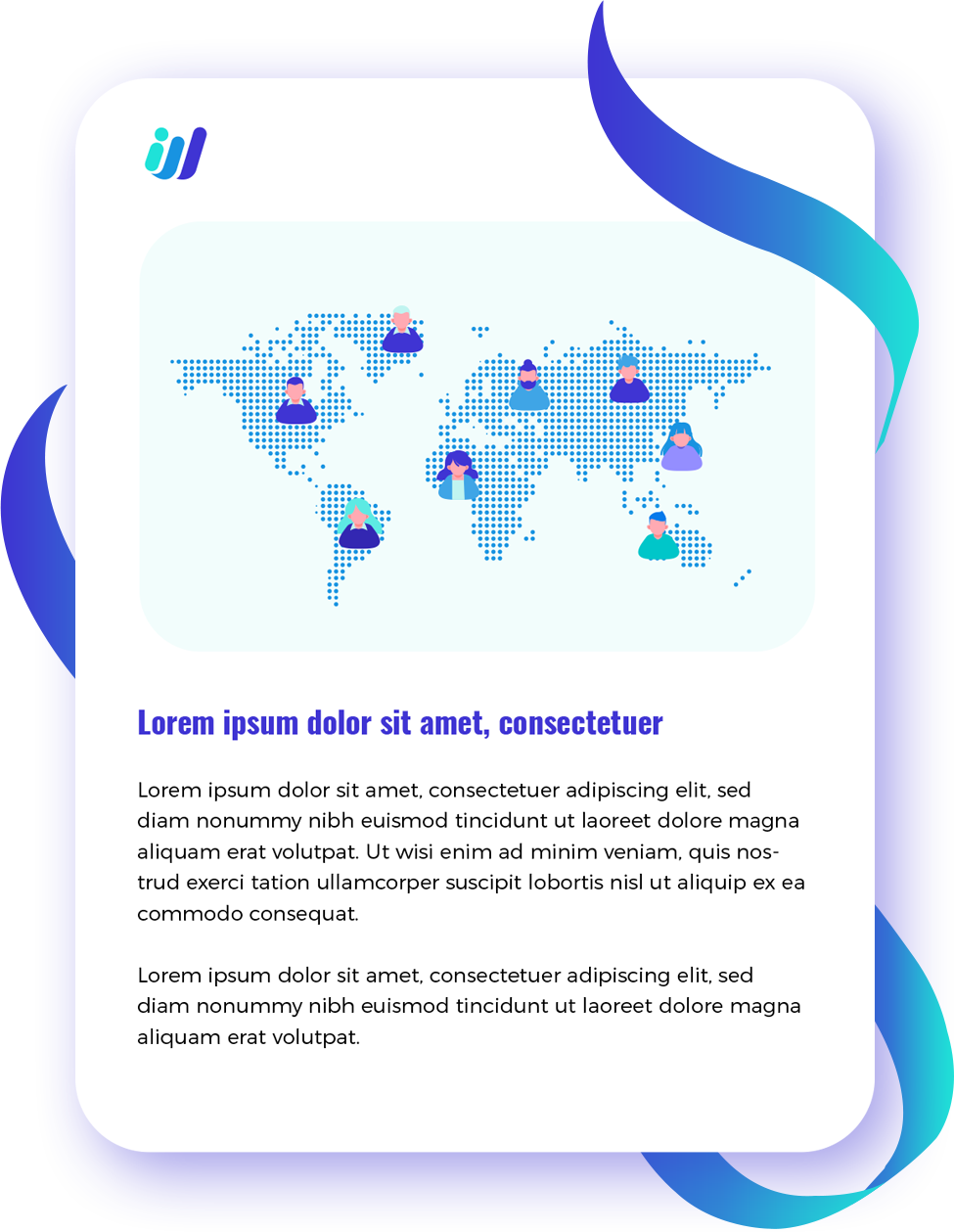With no end in sight to the competition for global talent, organizations in practically every industry continue to place a high focus on attracting and retaining high-performing applicants. Unemployment is at an all-time low, creating a job seeker’s market and forcing businesses to compete by offering trendy bonuses, flexible work arrangements, and other in-demand advantages.
As the future of work evolves and competition intensifies, more than ping-pong tables, free lunches, and beer cart Thursdays will be required to draw and keep skilled individuals. These tactical “treats” are plentiful, and they’re far from sufficient to recruit applicants or maintain retention in an environment where options abound.
Instead, organizations must make employee engagement a strategic priority. To accomplish so, they must first gain a thorough understanding of what motivates employees today and in the future, and then develop a comprehensive talent strategy and culture to address this.
Here are some strategies for finding and winning global talent:
Remote Work Flexibility
Based on Ceridian’s 2022 Pulse of Talent report, today’s workforce looks beyond salary, job stability, and benefits. The possibility of doing remote work and enjoying flexible hours has become a top priority for employees all around the world.
Not only did poll respondents identify workplace flexibility as a top benefit in their current positions, but it also placed high as a cause for quitting a job despite decent compensation and a top reason for looking for a new job.
Meeting employee expectations has long been an important component of finding and winning global talent. The challenge for organizations is to develop the right policies for their employees as well as provide technology that supports a global, fluid, and borderless workforce.
Concentrate On Mental Health
An emphasis on mental wellness in the workplace is becoming a popular trend among employees, according to the Pulse of Talent poll which revealed that 87% of American workers have experienced burnout. Increased workloads, insufficient compensation, and mental health issues were the top three causes of burnout. Employees want these top three things to ease mental health challenges: mental health benefits (31%), flexible schedules (39%), and mental health days (46%).
Opportunities For Career Advancement
Everyone’s attention has been drawn to the Great Resignation, and properly so. According to the Ceridian survey, one-quarter of American workers (24%) are looking for a new job, with another 36% indicating they’d consider leaving for the appropriate chance.
Nearly half of those seeking for new jobs (46%) said they were looking for greater pay, including a higher salary and benefits, while another third (33%) desired more flexibility, such as remote work and flexible hours. Furthermore, nearly a third of workers (31%) who are looking for new jobs cite a lack of growth opportunities and potential as a factor for their search.
Only 40% of employees believe their employers provide skill development, and only 37% say they assist employees to identify skills they need to stay employed and engaged. This is a gap that businesses may fill by utilizing technology to create programs that enhance skill development.
Companies that had successfully implemented reskilling programs felt more prepared to meet future skills gaps, according to a recent McKinsey & Company poll. Those who felt the first iterations were less effective, on the other hand, said they were better prepared to tackle the next skill level. Businesses that prioritize a skills-based focus for their hiring process and talent development program have a great opportunity to leverage in-house talent. Moreover, they can build the infrastructure to support continuous reskilling and upskilling initiatives and help close the technology gap more effectively.
Not Ignoring Financial Wellness
Salary increases are high on employee wish lists, which is unsurprising. Jobs that pay more will, of course, draw a larger pool of applicants. But, more than ever before, there is greater innovation in the area of compensation, including when and how workers are paid. As more organizations offer on-demand pay, which permits access to earned money before payday, the typical two- or four-week payday is steadily losing its grip.
According to a Harris Poll conducted in August, 81% of U.S. workers would prefer to work for a company that gives on-demand access to earned pay at no cost to them over one that does not. In addition, 78% of workers responded that having free access to on-demand pay would boost their commitment to their business. Finally, eight out of ten workers (80%) prefer to have their money automatically deposited into their bank accounts as soon as they are paid. The future of an always-on payroll is “streaming pay,” which is immediately deposited when wages are generated.
Not all businesses can afford to raise salaries as much as they need to attract more candidates. On-demand compensation, which is now being offered by a growing number of firms, will undoubtedly become a more important tool for finding and winning global talent.
Embrace Automation And Digitization
Companies must provide an employee experience that includes professional development and reskilling opportunities to create an engaged culture. According to some estimations, when AI becomes a more integral element of company operations, 400 million jobs will be displaced by technology and process automation. As a result, businesses will need to take a hybrid approach, combining digital tools with human experience. This necessitates putting the right people in the proper jobs in order to form a unified workforce, as well as equipping employees with the skills they need to adapt to the new workplace.
Furthermore, high achievers seek opportunities to improve their talents and take on new tasks. They anticipate a technologically advanced environment with tools and solutions that boost productivity, streamline procedures, and minimize friction, similar to their personal experiences with apps and on-demand services. Work reimagined in a post-pandemic environment harnesses the power of digital transformation to gain a competitive advantage in attracting and retaining top employees.
A Flexible Teamwork Strategy
Allowing employees to work how and where they choose can assist to foster high levels of employee engagement. Employees will prosper through purpose-driven work, flexibility, and variety that keeps them both interested and motivated by utilizing their abilities to address a variety of unique challenges.
At the same time, today’s economic environment necessitates agility, and firms that take a flexible approach to team-building around specific business goals might gain a competitive advantage. Companies can benefit from matching the right internal and external candidates to the right roles regardless of geographical boundaries by providing a diverse range of opportunities for employees to gain the broader experience and perspective they desire. This creates an environment that drives both employee engagement and organizational agility. It’s a win-win situation.
Reimagining the Future of Work
To find and win global talent, the employee experience – from how employees are paid to where, when, and how they work – must be more front and center than ever before. When trust, transparency, inclusion, and empowerment abound in an organization, these will have far-reaching impacts on every aspect of the employee lifecycle and even the path toward business success in the future. Look into Third Wave Outsourcing to know more about the importance of finding, winning, and retaining global talent.



